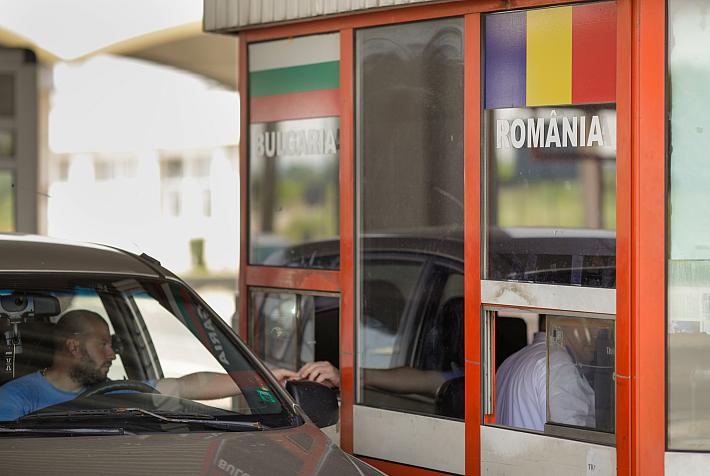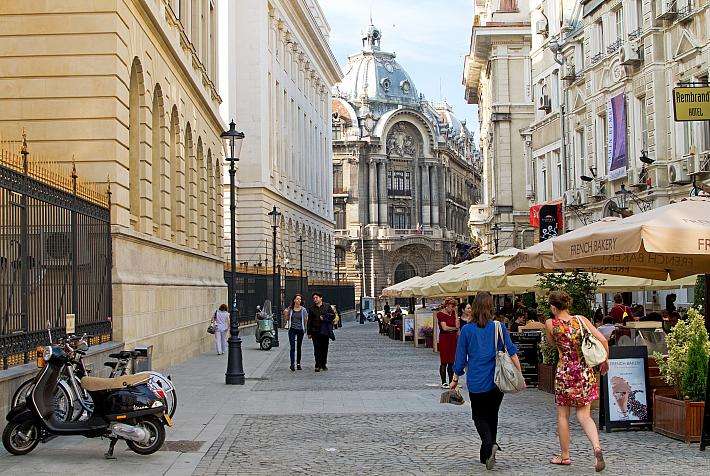Stiff health bill for Romanians seeking treatment abroad: EUR 30,000 on average


Romanian patients seeking specialized medical treatment abroad for serious conditions face the grim prospect of an average expense level of EUR 30,000, according to the findings of a study conducted by MediHelp International and its foreign partners.
The study considered the average rates payable in UK state hospitals, where a cancer treatment may require between EUR 37,000 and EUR 50,000, while a coronary bypass will take EUR 20,000 out of patients’ pockets. The UK medical price list points to a EUR 12,000 to EUR 22,000 range for heart failure treatments, whereas a heart transplant will go as high as EUR 40,000. When dealing with private hospital units, medical cost expectations are likely to increase even beyond these limits.
"Unfortunately Romanians are forced to look for specialized medical treatment abroad,” stated Zahal Levy, President of MediHelp International. "This is a sad reality, but each citizen must find a way to protect his or her health and the health of his or her family.”
Romanian patients can seek treatment within the European Union based on the European social health insurance card or with special forms (E112, E106, E109, E121, etc). requiring the allotment of funds from the state budget for medical conditions that cannot be treated in Romania. Financing from the Ministry of Health and Labor for medical services not included in the basic medical package can be requested based on Government Order 1011 of June 2011.
In 2011, the Ministry of Health’s program ensuring free treatment abroad had a EUR 6.9 million (RON 29 million) budget, approximately EUR 0.7 million (RON 3 million) more than in 2010. How this budget is generally spent has raised numerous embezzlement suspicions.
In June this year, a scandal broke out concerning the costs of transplants made in an Israeli clinic. NGO representatives raised the alarm that a more efficient distribution of efforts might save the Romanian state significant sums of money. “If the Ministry of Health approved the allotment of approximately EUR 20,000 per patient to identify a compatible donor, it would reduce by at least a third the costs of transplants made from unrelated donors,” said Carmen Uscatu, representative of the NGO Salvează Vieţi (Save Lives).
Ioana Jelea ioana.jelea@romania-insider.com












